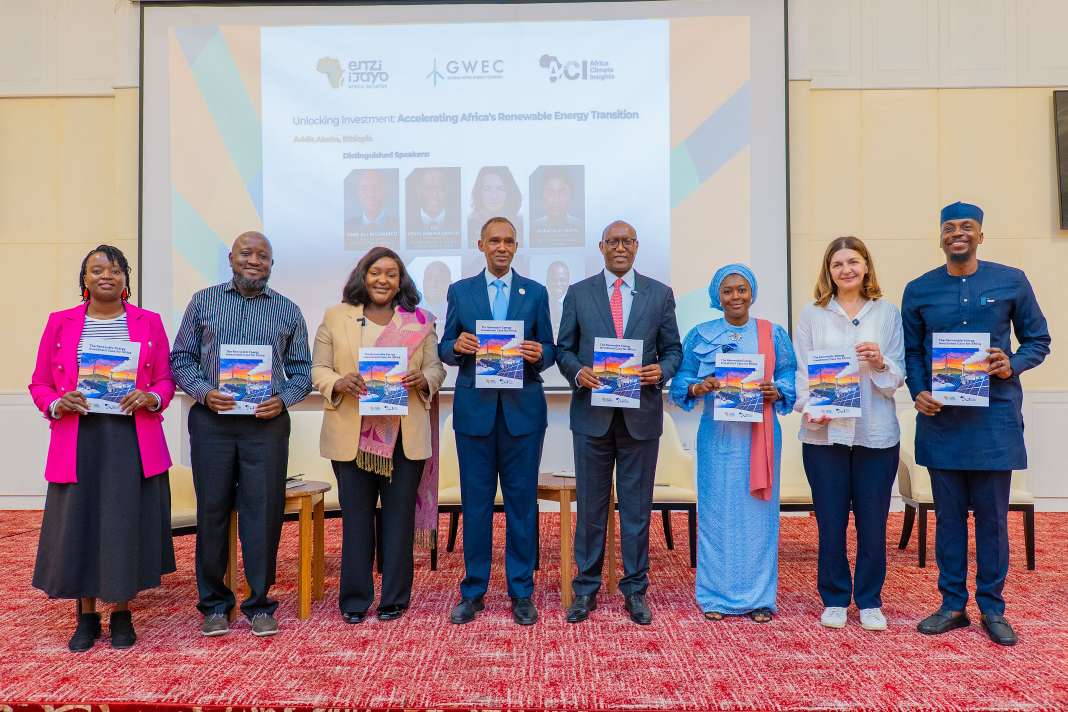Business
Africa must triple renewable energy growth to hit 2030 targets, new report warns

Africa must boost renewable energy capacity by 23 percent annually until 2030, nearly three times the current growth rate, if it is to meet the Nairobi Declaration goal of scaling up to 300 gigawatts (GW), a new report has warned.
The study, The Renewable Energy Investment Case for Africa, finds that while the continent holds 60 percent of the world’s best solar resources, it accounted for less than 1 percent of global renewable capacity additions in 2024. Shortfalls in climate finance, high capital costs, and heavy dependence on fossil fuel investments continue to slow progress.
Globally, energy investment topped $3 trillion in 2024, with more than $2 trillion channelled into renewable power, grids, storage, and electric mobility. Yet Africa captured just $40 billion—about 2 percent of the total—despite nearly doubling clean energy investment compared to 2020.
Ali Mohamed, Kenya’s Special Climate Envoy, stressed the urgency of scaling up finance. “The cost of capital for renewables in Africa is two to three times higher than in Europe or China. Unless we reduce financing costs, the 300 GW target will remain out of reach,” he said. He called for expanded blended finance facilities, risk-sharing tools, and greater mobilisation of domestic investors such as pension funds and sovereign wealth funds.
The report underscores that more than half of Africa’s annual $90 billion energy investment still goes to fossil fuels. To reverse this trend, it recommends mobilising a wide set of financing instruments—including green bonds, sustainability-linked bonds, public-private partnerships, impact investment, and blended finance—to crowd in private capital, which currently contributes only 14–18 percent of Africa’s climate finance flows.
It also highlights successful models across the continent: Kenya’s use of blended finance for Africa’s largest wind farm, Morocco’s solar projects backed by public-private partnerships, Nigeria’s rapid expansion of off-grid solar through innovative financing tools, and private contracts to build battery storage in South Africa.
Beyond finance, the report calls for investment in human capital, urging governments and development partners to design capacity-building programmes with explicit gender inclusion targets, reskilling fossil fuel workers for renewable jobs, and supporting local entrepreneurs in renewable energy value chains.
Amy Kong, an energy transition researcher with Zero Carbon Analytics, said: “Africa has the natural resources for a powerful energy transition, but unlocking this potential will require a sustainable increase in financing structures involving both private and public capital.”
Wangari Muchiri, Africa Director at the Global Wind Energy Council (GWEC), warned that unpredictable policies remain a barrier: “We need uniform, clear, predictable rules that give investors confidence to bring large capital into the continent. With its immense potential, Africa should attract 50 percent of renewable financing, yet today it pays 30 percent more for the transition.”
The report concludes that bold action from African governments, investors, and international partners is critical to bridge the financing gap and secure energy sovereignty for the continent.


